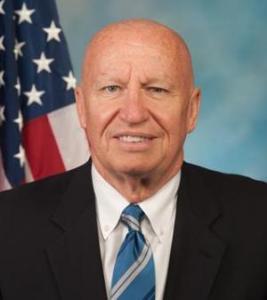The House Ways and Means Committee recently held a hearing to look at the tax code and evaluate its effect on the health care system.
Chairman Kevin Brady (R-TX) met with members and witnesses to discuss
challenges and discuss reforms to the tax code to increase access to affordable
health care.
“Currently, the tax code contains over a dozen health-related tax expenditures — all intended to help more Americans access health care by subsidizing many of the costs,” Brady said. “Unfortunately, using the tax code in this way also can have the opposite effect, increasing premiums and costing trillions of dollars in the process.”
One topic of discussion was employer-sponsored health plans. More than 150 million Americans are insured through their employers. The tax incentive benefits the employer and subsidizes the cost of its health insurance plan. The employees, however, may find that there are less expensive plans with better coverage available on the individual market.
“What’s really important, aside from making health care more affordable, is putting patients and workers more in control of their health care dollars," Manhattan Institute Senior Fellow Avik Roy said. "Today, those health care dollars are controlled by the government, by employers, by insurance companies, by drug companies. They’re not controlled by the consumer, by the worker, by the patient. And all of our efforts on tax reform are about putting the control back in the hands of that individual and those families.”









 Alerts Sign-up
Alerts Sign-up